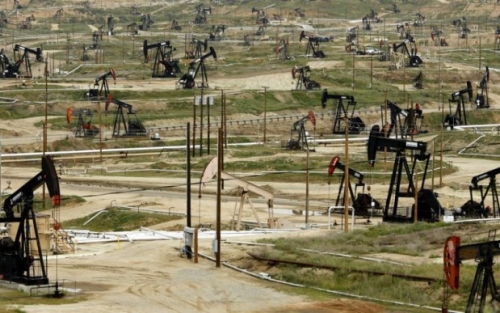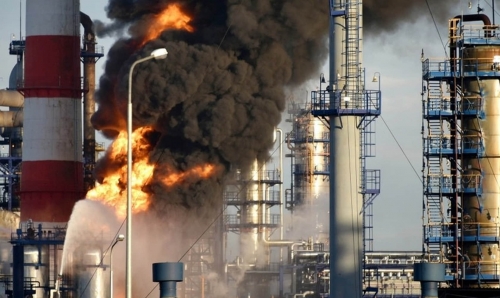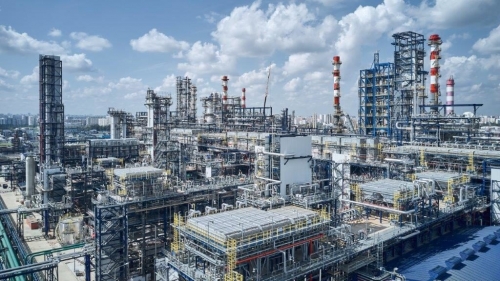Saudi Arabia anticipates that oil income will bounce around 80% by 2023 to enable the kingdom to record its first spending surplus in 10 years, as indicated by individuals with learning of the issue.
Under a six-year program to balance the budget, officials predict rising oil prices and output will push income from oil sales to $214 billion from around $120 billion this year, the people said on condition of anonymity because they are not authorized to share the data publicly. It assumes the price of oil will reach $75 a barrel, Bloomberg reported.
Non-oil revenue, excluding income from the Public Investment Fund, would increase 32% to 337 billion riyals, they said. While Saudi Crown Prince Mohammed bin Salman’s plan to transform the economy aims to reduce its reliance on oil in the long run, higher crude prices are central to efforts to support growth while introducing measures that would help boost revenue from other sources.
The kingdom has let a drive among main non-OPEC members to steady oil markets through production cuts that have helped Brent crude costs surpass $60 a barrel.
"The oil revenue forecast looks challenging given the development in the shale industry," said Monica Malik, chief economist at Abu Dhabi Commercial Bank.
The strong oil revenue growth in 2017 will be difficult to repeat.
Authorities expect oil production to increase from an average of 10 million barrels a day this year to 11.03 million barrels in 2023. For 2020, they predict output of 10.45 million barrels a day, generating $165 billion in revenue, the people said.
The Ministry of Finance declined to remark.
The situation may flag that the world's greatest oil exporter does not right now observe a need to stretch out the consent to cut creation past 2018 as a worldwide supply overabundance facilitates.

%20(1).png)




